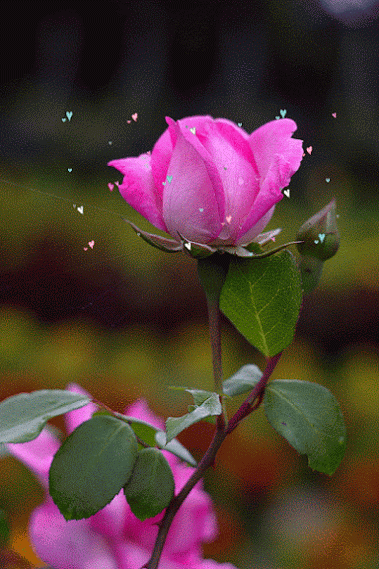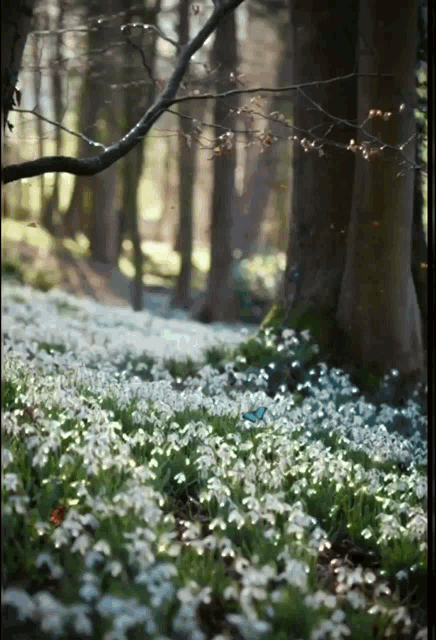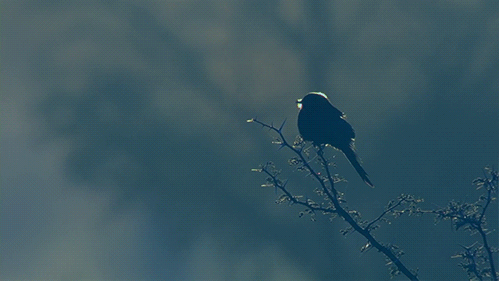How do you let go of things? This means you leave them as they are; it does not mean you annihilate them or throw them away. It is more like setting down and letting them be. Through the practice of letting go we realise that there is the origin of suffering, which is the attachment to desire, and we realise that we should let go of these three kinds of desire. Then we realise that we have let go of these desires; there is no longer any attachment to them.
When you find yourself attached, remember that ‘letting go’ is not ‘getting rid of’ or ‘throwing away’. If I’m holding onto this clock and you say, ‘Let go of it!’, that doesn’t mean ‘throw it out’. I might think that I have to throw it away because I’m attached to it, but that would just be the desire to get rid of it. We tend to think that getting rid of the object is a way of getting rid of attachment. But if I can contemplate attachment, this grasping of the clock, I realise that there is no point in getting rid of it – it’s a good clock; it keeps good time and is not heavy to carry around. The clock is not the problem. The problem is grasping the clock. So what do I do? Let it go, lay it aside – put it down gently without any kind of aversion. Then I can pick it up again, see what time it is and lay it aside when necessary. — BuddhaNet

















